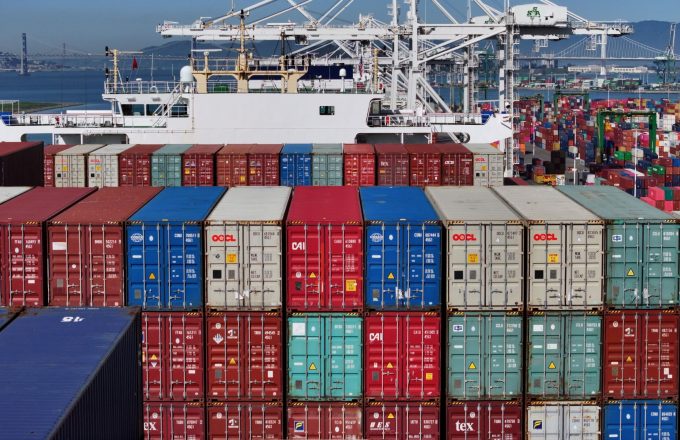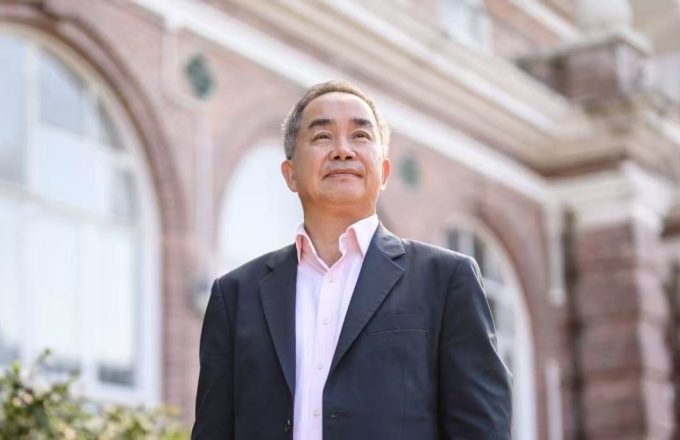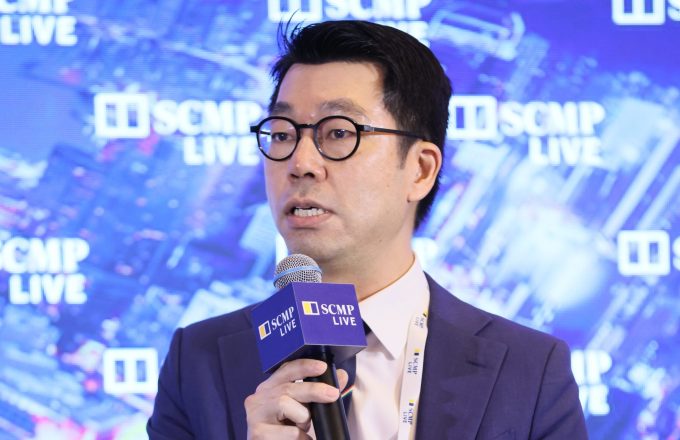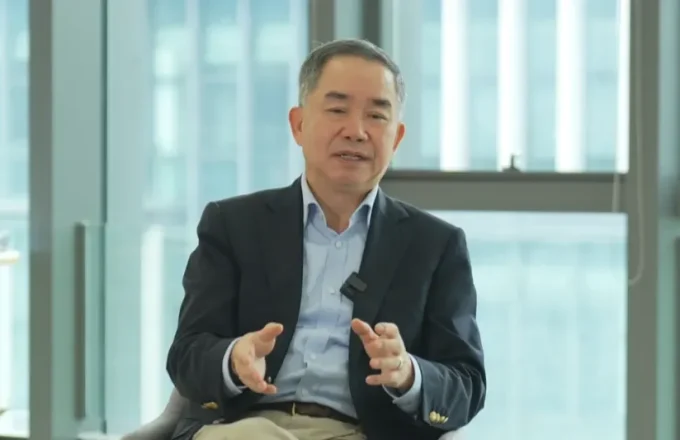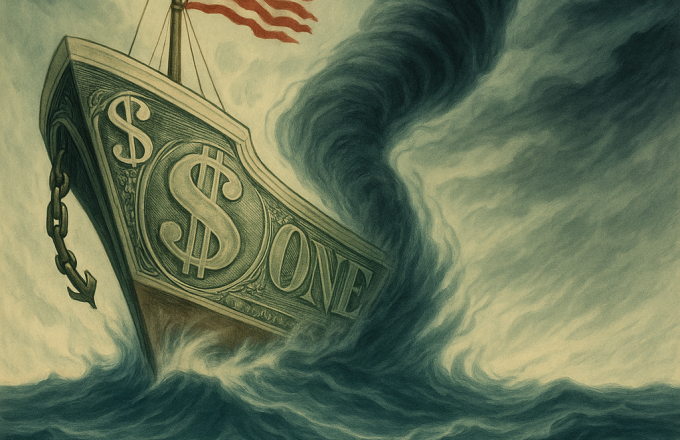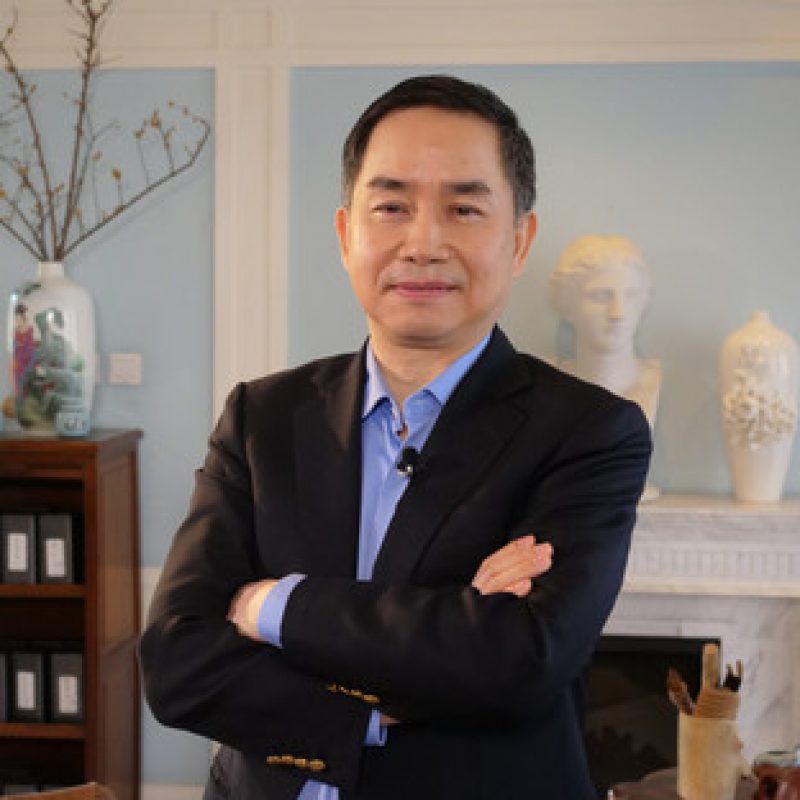Will consumers pay more because of double tariffs from China due to the trade war? Prof. Heiwai Tang, Associate Dean of HKU Business School and Director of the Asia Global Institute, offered his perspective on how the trade war has placed foreign companies in China at the centre of a double-tariff squeeze. He was included in a Financial Times article on the broader implications for businesses and economies worldwide.
1 May 2025
Chen Zhiwu, chair professor of finance at the University of Hong Kong, said: “Gold has benefited tremendously from the erratic exercise of power by US President Donald Trump, making the US dollar and dollar assets less trustable and forcing international investors to diversify away.”
1 May 2025
Faculty
After seven years of negotiations, the world's largest free trade agreement—the Regional Comprehensive Economic Partnership (RCEP)—officially took effect on January 1, 2022. Member countries account for nearly 30% of the world's population and over one-third of global GDP. Amid the ongoing fragmentation of the global economy, RCEP is viewed with high expectations. This agreement brings together diverse countries in the Asia-Pacific region with varying scales and systems, showcasing the potential and resilience of regional inclusive cooperation. Three years into its implementation, what impact has RCEP had on the trade landscape of the Asia-Pacific region? How will it reshape the trading models among member countries?
30 Apr 2025
Faculty
In a recent Financial Times article, Prof. Heiwai Tang, Associate Dean of HKU Business School and Director of the Asia Global Institute, offered his perspective on how the trade war has put foreign companies in China in the middle of a double-tariff squeeze. “Foreign firms are really being squeezed in the Chinese market,” said Prof. Tang. “If they import, they pay the Chinese tariffs. When they export back to the US, they pay the US tariffs.” He emphasised that these companies are essentially being “hit twice.” Foreign manufacturers in China face steep tariffs—125% on imported components and 145% on exports to the US. With international companies accounting for nearly one-third of China’s total trade, this impact is far-reaching. US corporations like Apple and Tesla, which rely heavily on China as a manufacturing base, are especially vulnerable to these double tariffs.
27 Apr 2025
Faculty
Chen Zhiwu, a chair professor of finance at the University of Hong Kong, said the comments were “typical Trump” and “nothing unusual”. “In reality, there hasn’t been any substantial progress or change in the US-China tariff negotiations. But this is Trump’s way of signalling to China,” Chen said.
23 Apr 2025
Faculty
In April 2025, global financial markets experienced an unprecedented credit crisis, with the yield on the 10-year U.S. Treasury skyrocketing to 4.5%, marking the largest weekly increase since 2001. What are the reasons behind this crisis? Is the tariff policy of the Trump administration a catalyst for market turmoil? Will the U.S. Treasury market successfully navigate through this crisis?
23 Apr 2025
Faculty
But some countries, such as Vietnam, likely had little choice but to prioritize the United States, said Zhiwu Chen, a professor of finance at the University of Hong Kong. He noted how Vietnam had reoriented its economy around attracting American and other foreign brands to manufacture there. “They don’t really have a lot of leeway to take China’s side and offend the U.S.,” he said.
22 Apr 2025
Faculty
U.S. President Trump recklessly initiated a tariff war against the world, disrupting the global economic landscape. Why does Trump, with his 'professional' background, insist on waging a tariff war that violates economic principles? Will it solve America's trade deficit issue? What profound impacts will it have on China's industrial development?
18 Apr 2025
Faculty






